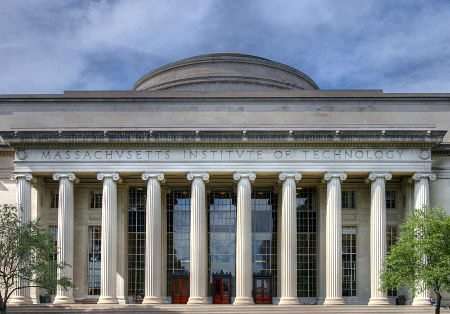The Massachusetts Institute of Technology has taken its revolutionary OpenCourseWare initiative, launched 10 years ago, to another level. Moving beyond the web, the new initiative extends higher education to anyone with a mobile phone.
The MIT Media Lab yesterday announced the creation of the MIT Center for Mobile Learning, with initial funding from Google, dedicated to transforming education and learning.
The Center, housed at the Media Lab, will focus on the design and study of specific mobile technologies and applications, that enable people to learn anywhere anytime with anyone. Research projects will explore location-aware learning applications, mobile sensing and data collection, augmented reality gaming, and other educational uses of mobile technologies.
The Center's first activity will focus on the free (and soon-to-be open sourced) App Inventor for Android, a programming system that makes it easy for learners to create mobile apps for Android smart phones by visually fitting together puzzle piece-shaped "programming blocks" in a web browser.
"The Media Lab has always been about creativity – not only developing new technologies, but getting them out to the world in ways that positively impact people's lives," said Joichi Ito, who will take over as the Media Lab's director next month. "Our new Center for Mobile Learning continues this tradition, empowering people everywhere to create, invent, and learn with their mobile devices."
Three MIT professors will serve as co-directors of the Center: Hal Abelson, Class of 1922 Professor of Electrical Engineering and Computer Science; Eric Klopfer, Associate Professor of Science Education; and Mitchel Resnick, LEGO Papert Professor of Learning Research.
The Center's three directors have a long history of collaboration on educational technology. Resnick, who heads the Media Lab's academic Program in Media Arts and Sciences, is famous for his work on LEGO Mindstorms and Scratch, two of the world's best known and most influential platforms for introducing young learners to programming. Klopfer is director of MIT's Scheller Teacher Education Program, which trains MIT students to be secondary school science and math teachers. He is an expert on educational games and simulations and author of Augmented Learning: Research and Design of Mobile Educational Games. (MIT Press; 2008).
Hal Abelson, who proposed an idea that prompted the development of App Inventor during his sabbatical at Google in 2008 said, "For me, it's a terrific experience of starting with an idea, finding visionary industry leaders willing to make it a reality, then bringing it back home to MIT so I can work on projects I love together with colleagues I admire."










Be the first to comment